- Great Learning
- Free Courses
- Management
Business Process Management Free Course
Business Process Management
Make your business smoother and more organized with this Business Process Management Course.
Instructor:
Shantnu RanaBusiness Process Management
21.2K+ learners enrolled so far
Stand out with an industry-recognized certificate
10,000+ certificates claimed, get yours today!
Get noticed by top recruiters
Share on professional channels
Globally recognised
Land your dream job

Skills you will gain
Business Process Management
Key Highlights
Get free course content
Master in-demand skills & tools
Test your skills with quizzes
About this course
Business process management (BPM) implies a systematic approach to improving those processes within an organization that delivers products or services to customers. BPM has its roots in manufacturing, where it was initially known as business process re-engineering (BPR). The goal of BPR was to help organizations become more efficient and effective by redesigning their core business processes. BPM takes a more holistic view of organizational processes and seeks to improve all aspects of a process, including its effectiveness, efficiency, quality, and agility.
This free Business Process Management Course will help you get thorough with its basics. The course starts by giving a brief intro to Business Process Management. You will then understand what Business Process Management is. You will learn in detail about the Project vs Process vs Task. This will help you understand various components of Business Process Management thoroughly, which makes your basics stronger. Only going through the concepts is not helpful as you will face hardships in implementing them practically. Hence, this Business Process Management course online provides you with ample examples that will help you understand these business concepts better. You will then go through different types of processes. You will understand why BPM matters and the steps involved in its lifecycle. Further, you will learn about its types and various methodology and software used. Enhance your management skills with this Business Process Management course online free and achieve a certificate on successfully completing this Business Process Management course.
Dig deeper into management skills with Great Learning’s Online Management Courses. Enroll in the best PG and Degree programs that suit your goals and earn a certificate of course completion.
Course outline
Introduction to Business Process Management Course
Let’s get familiar with the agenda of this Business Process Management(BPM) course.
What is Business Process Management?
BPM is the study of how to enhance a business process from beginning to end by studying it, modeling how it works in various scenarios and continuously optimizing it.
Project vs Process vs Task
Task management and project management are not the same as Business Process Management. This module will help you get familiar with the difference between a project, process, and task.
Business Process Management - Examples
This module will help you understand the application of Business Process Management in the field of human resource management and sales. We’ll see how BPM can be applied in the employee onboarding process and coordination with the accounts receivable team.
Different Types of Processes
There are three types of processes- operational, management and governance. Let us discuss these in detail.
Why Does BPM Matter?
Organizations may optimize their processes and keep all parts of operations running smoothly by implementing Business Process Management. Let us discuss the importance of Business Process Management in this module.
Steps Of A BPM Lifecycle
BPM lifecycle involves five steps- design, model, execute, monitor and optimize. Let us discuss each one of these in detail.
Types of Business Process Management
There are three types of business process management- integration-centric BPM, human-centric BPM and document-centric BPM. Let us learn about these processes in detail.
BPM - Methodology and Software
BPM is basically the methodology of mapping, optimizing, and improving processes. Business Process Management Software, on the other hand, is a means of execution. It helps with each tiny part of BPM. Let us take a look at these in detail.
Get access to the complete curriculum once you enroll in the course
Stand out with an industry-recognized certificate
10,000+ certificates claimed, get yours today!
Get noticed by top recruiters
Share on professional channels
Globally recognised
Land your dream job

Business Process Management

1.5 Hours
Beginner
21.2K+ learners enrolled so far
Get free course content
Master in-demand skills & tools
Test your skills with quizzes
Learner reviews of the Free Courses

5.0

5.0

5.0



5.0


Our course instructor

Shantnu Rana
Academic Counseling Expert
Management Expert
Frequently Asked Questions
Will I receive a certificate upon completing this free course?
Is this course free?
Will I get a certificate after completing this Business Process Management free course?
Yes, you will get a certificate of completion for Business Process Management after completing all the modules and cracking the assessment. The assessment tests your knowledge of the subject and badges your skills.
How much does this Business Process Management course cost?
It is an entirely free course from Great Learning Academy. anyone interested in learning the basics of Business Process Management can get started with this course.
Is there any limit on how many times I can take this free course?
Once you enroll in the Business Process Management course, you have lifetime access to it. So, you can log in anytime and learn it for free online.
Can I sign up for multiple courses from Great Learning Academy at the same time?
Yes, you can enroll in as many courses as you want from Great Learning Academy. There is no limit to the number of courses you can enroll in at once, but since the courses offered by Great Learning Academy are free, we suggest you learn one by one to get the best out of the subject.
Why choose Great Learning Academy for this free Business Process Management course?
Great Learning Academy provides this Business Process Management course for free online. The course is self-paced and helps you understand various topics that fall under the subject with solved problems and demonstrated examples. The course is carefully designed, keeping in mind to cater to both beginners and professionals, and is delivered by subject experts. Great Learning is a global ed-tech platform dedicated to developing competent professionals. Great Learning Academy is an initiative by Great Learning that offers in-demand free online courses to help people advance in their jobs. More than 5 million learners from 140 countries have benefited from Great Learning Academy's free online courses with certificates. It is a one-stop place for all of a learner's goals.
What are the steps to enroll in this Business Process Management course?
Enrolling in any of the Great Learning Academy’s courses is just one step process. Sign-up for the course, you are interested in learning through your E-mail ID and start learning them for free online.
Will I have lifetime access to this free Business Process Management course?
Yes, once you enroll in the course, you will have lifetime access, where you can log in and learn whenever you want to.
What is business process management?
Business process management (BPM) is a business process dealing with strategies and different methods to improve business processes at both ends through analyzing and modeling methods to work in different scenarios, planning and implementing improvements, monitoring implemented processes, and optimizing them. This free Business Process Management course will teach you in-depth about the subject.
What are the 5 core business processes?
Any business is driven by a few defined processes. A few essential business processes that drive a company’s growth are:
- Sales and marketing
- Quality and product or service delivery
- Product or service development
- Accounting and technology
- Administrative such as Management, HR and Finance
What are the three types of BPM?
Business process management can be of three types. They are:
Document-centric BPM: Document-centric business process management creates a document containing approvals and inputs from different people involved after several rounds of iteration. An everyday use case is created for contract or legal documentation purposes, and this document passes through different stakeholders until it is processed to reach the final stage.
Integration-centric BPM: Integration-centric business processes management aims at integrating company-wide business processes with other department-specific point solutions. This process ensures an easy flow of data between a network of tools. Work is accomplished at a faster pace when the software systems are connected since it reduces manual entries that might induce errors.
Human-centric BPM: Human-centric process requires human intervention in BPM. Processes are not entirely automated since they will not be able to make changes; they can precisely be an equilibrium between automation and human intervention. It is also possible to manage workflow between people. It contains a visual user interface to help commoners understand, interact, and to perform different processes. It is the best-suited option for regular day-to-day activities.
What are the benefits of BPM?
Business process management has huge benefits. They include:
- Businesses would be agile, and they must have the ability to react to change
- Increased efficiency
- Complete visibility
- Ensured security and compliance
- Increased opportunities for rigorous improvement
- Easy transfer of business knowledge
Become a Skilled Professional with Pro Courses
Gain work-ready skills with guided projects, top faculty and AI tools, all at an affordable price.


View Course

Included with Pro+ Subscription

View Course

Included with Pro+ Subscription

View Course

Included with Pro+ Subscription


View Course

Included with Pro+ Subscription

View Course

Included with Pro+ Subscription


View Course

Included with Pro+ Subscription

View Course

Included with Pro+ Subscription
.jpg)
View Course

Included with Pro+ Subscription


View Course

Included with Pro+ Subscription


View Course

Included with Pro+ Subscription




View Course

Included with Pro+ Subscription


View Course

Included with Pro+ Subscription


View Course

Included with Pro+ Subscription
.png)
View Course

Included with Pro+ Subscription

View Course

Included with Pro+ Subscription
.jpg)
View Course

Included with Pro+ Subscription

View Course

Included with Pro+ Subscription
.jpg)
View Course

Included with Pro+ Subscription

View Course

Included with Pro+ Subscription

View Course

Included with Pro+ Subscription
.jpeg)
View Course

Included with Pro+ Subscription


View Course

Included with Pro+ Subscription
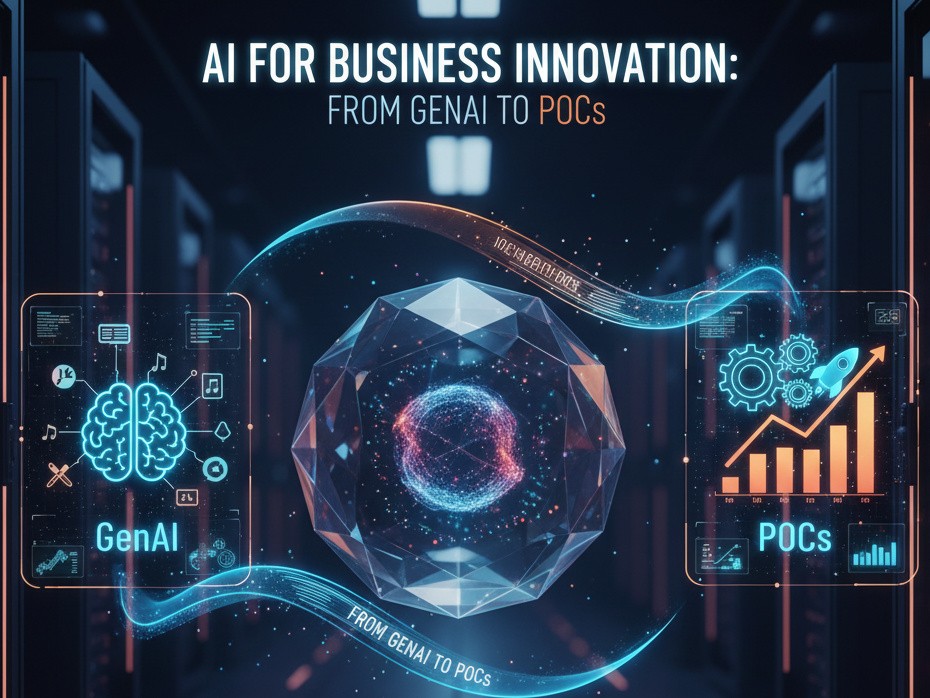
View Course

Included with Pro+ Subscription

View Course

Included with Pro+ Subscription
.jpg)
View Course

Included with Pro+ Subscription

View Course

Included with Pro+ Subscription

View Course

Included with Pro+ Subscription



View Course

Included with Pro+ Subscription
.png)

View Course

Included with Pro+ Subscription
.png)
View Course

Included with Pro+ Subscription
.png)
View Course

Included with Pro+ Subscription
.png)
View Course

Included with Pro+ Subscription
.png)
View Course

Included with Pro+ Subscription
.png)
View Course

Included with Pro+ Subscription

View Course

Included with Pro+ Subscription
.png)
View Course

Included with Pro+ Subscription
.png)
View Course

Included with Pro+ Subscription


View Course

Included with Pro+ Subscription
.jpg)
View Course

Included with Pro+ Subscription

View Course

Included with Pro+ Subscription





View Course

Included with Pro+ Subscription
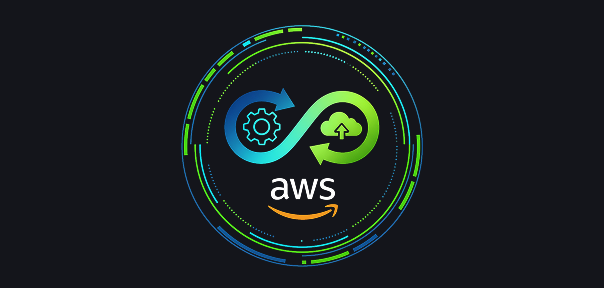
View Course

Included with Pro+ Subscription
.png)

.jpg)

.jpg)



View Course

Included with Pro+ Subscription

View Course

Included with Pro+ Subscription
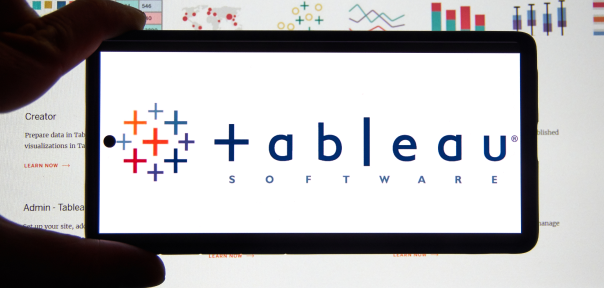
View Course

Included with Pro+ Subscription
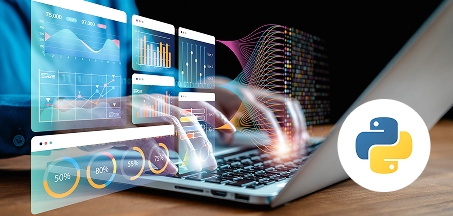
View Course

Included with Pro+ Subscription

View Course

Included with Pro+ Subscription


View Course

Included with Pro+ Subscription
.png)
View Course

Included with Pro+ Subscription
Popular


View Course

Included with Pro+ Subscription

View Course

Included with Pro+ Subscription

View Course

Included with Pro+ Subscription


View Course

Included with Pro+ Subscription

View Course

Included with Pro+ Subscription


View Course

Included with Pro+ Subscription

View Course

Included with Pro+ Subscription
.jpg)
View Course

Included with Pro+ Subscription
Microsoft Courses


View Course

Included with Pro+ Subscription


View Course

Included with Pro+ Subscription




View Course

Included with Pro+ Subscription


View Course

Included with Pro+ Subscription


View Course

Included with Pro+ Subscription
Management
.png)
View Course

Included with Pro+ Subscription

View Course

Included with Pro+ Subscription
.jpg)
View Course

Included with Pro+ Subscription

View Course

Included with Pro+ Subscription
.jpg)
View Course

Included with Pro+ Subscription

View Course

Included with Pro+ Subscription

View Course

Included with Pro+ Subscription
.jpeg)
View Course

Included with Pro+ Subscription
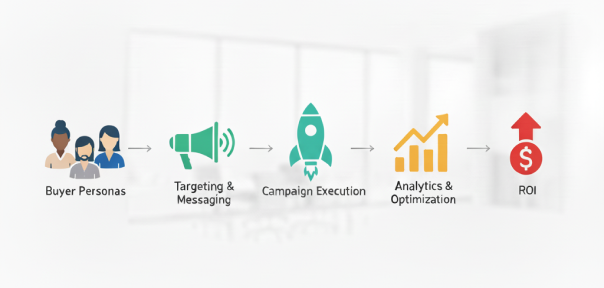
View Course

Included with Pro+ Subscription
.jpg)
View Course

Included with Pro+ Subscription
.png)
View Course

Included with Pro+ Subscription
.png)
View Course

Included with Pro+ Subscription
.png)
View Course

Included with Pro+ Subscription
.png)
View Course

Included with Pro+ Subscription
 (1).jpg)
View Course

Included with Pro+ Subscription
.png)
View Course

Included with Pro+ Subscription
AI & Generative AI


View Course

Included with Pro+ Subscription

View Course

Included with Pro+ Subscription

View Course

Included with Pro+ Subscription
.jpg)
View Course

Included with Pro+ Subscription

View Course

Included with Pro+ Subscription

View Course

Included with Pro+ Subscription


Cyber Security

View Course

Included with Pro+ Subscription
.png)

View Course

Included with Pro+ Subscription
.png)
View Course

Included with Pro+ Subscription
.png)
View Course

Included with Pro+ Subscription
.png)
View Course

Included with Pro+ Subscription
IT & Software
.png)
View Course

Included with Pro+ Subscription
.png)
View Course

Included with Pro+ Subscription

View Course

Included with Pro+ Subscription
.png)
View Course

Included with Pro+ Subscription
.png)
View Course

Included with Pro+ Subscription


View Course

Included with Pro+ Subscription
.jpg)
View Course

Included with Pro+ Subscription

View Course

Included with Pro+ Subscription

View Course

Included with Pro+ Subscription
.png)
View Course

Included with Pro+ Subscription

View Course

Included with Pro+ Subscription

View Course

Included with Pro+ Subscription

View Course

Included with Pro+ Subscription


View Course

Included with Pro+ Subscription

View Course

Included with Pro+ Subscription


View Course

Included with Pro+ Subscription

View Course

Included with Pro+ Subscription
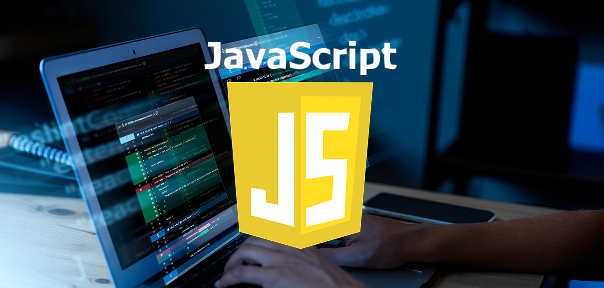
View Course

Included with Pro+ Subscription

View Course

Included with Pro+ Subscription

View Course

Included with Pro+ Subscription
 (1).png)
View Course

Included with Pro+ Subscription

View Course

Included with Pro+ Subscription
Cloud Computing





View Course

Included with Pro+ Subscription

View Course

Included with Pro+ Subscription
.png)

.jpg)

.jpg)



View Course

Included with Pro+ Subscription
.png)
View Course

Included with Pro+ Subscription


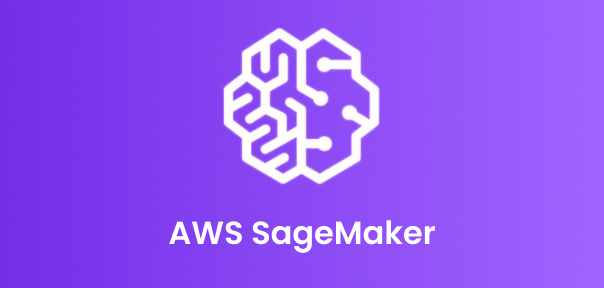

View Course

Included with Pro+ Subscription


View Course

Included with Pro+ Subscription
.png)

View Course

Included with Pro+ Subscription
.png)

View Course

Included with Pro+ Subscription
Data Science & ML

View Course

Included with Pro+ Subscription

View Course

Included with Pro+ Subscription

View Course

Included with Pro+ Subscription

View Course

Included with Pro+ Subscription


View Course

Included with Pro+ Subscription
.png)
View Course

Included with Pro+ Subscription
Subscribe to Academy Pro+ & get exclusive features
₹999/month Inc. of GST
No credit card required
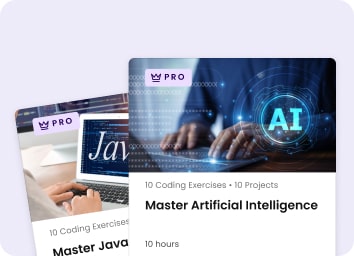
Learn from 40+ Pro courses
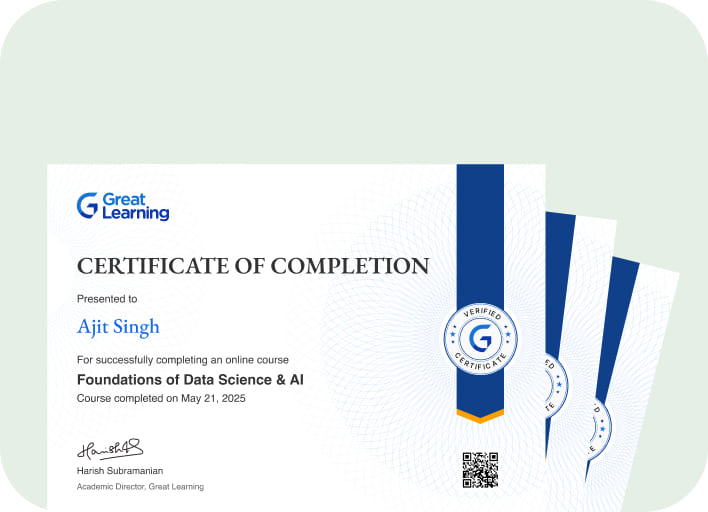
Access 500+ certificates for free
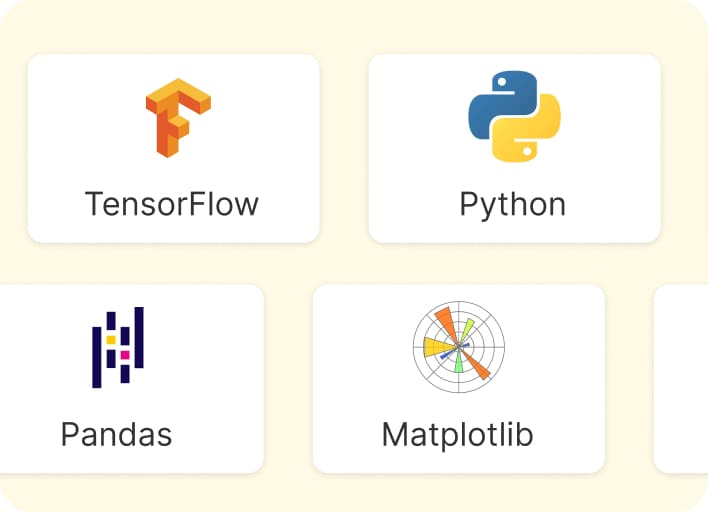
700+ Practice exercises & guided projects
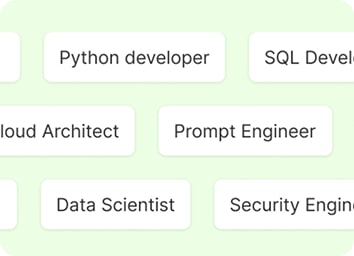
Prep with AI mock interviews & resume builder
Recommended Free Management courses



.png)
Similar courses you might like
.jpg)

.jpg)
.jpg)
Related Management Courses
-
Personalized Recommendations
Placement assistance
Personalized mentorship
Detailed curriculum
Learn from world-class faculties
50% Average salary hike -


Great Lakes Executive Learning
PGP in Strategic Digital Marketing6 Months · Online · Weekend
Dedicated Career SupportKnow More












